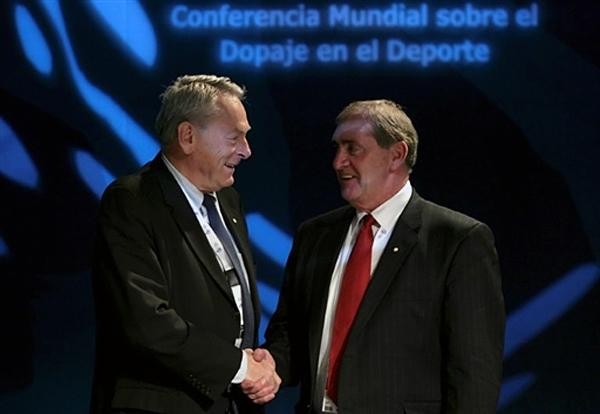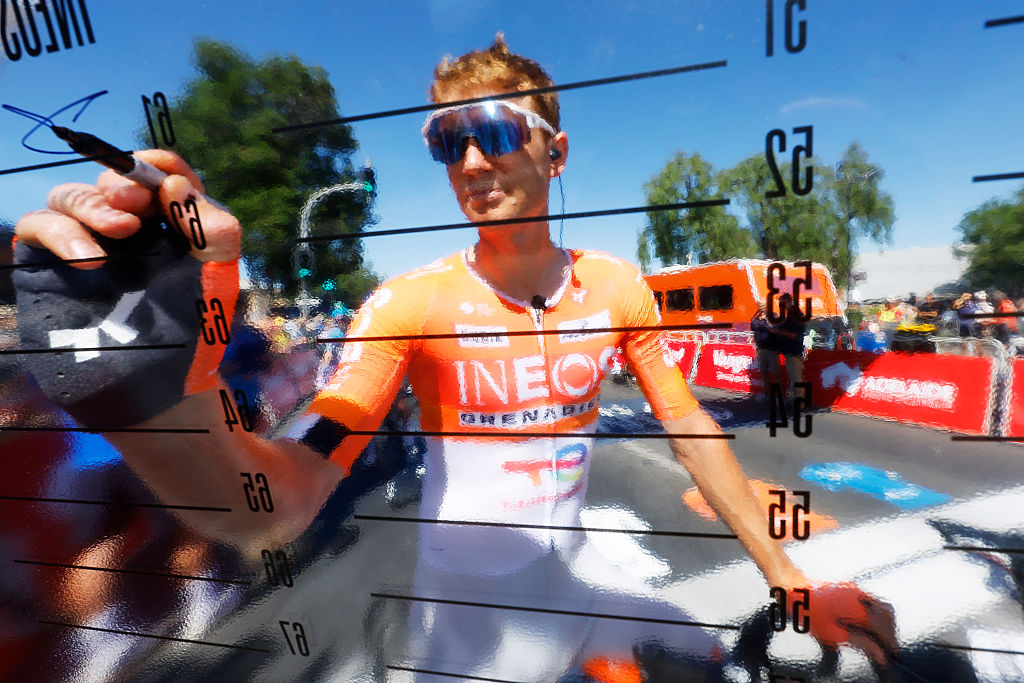WADA elects new chief and adopts code
John Fahey was voted the next chief of the World Anti-Doping Agency (WADA) on Saturday. The...
The latest race content, interviews, features, reviews and expert buying guides, direct to your inbox!
You are now subscribed
Your newsletter sign-up was successful

John Fahey was voted the next chief of the World Anti-Doping Agency (WADA) on Saturday. The Australian will replace Dick Pound beginning January 1, when he commences his three-year term.
Fahey won all but four votes, which were abstentions from European nations which had put forth unsuccessfully a last minute nomination for an alternative candidate, France's Guy Drut, a member of the International Olympic Committee (IOC).
Following the withdrawal of WADA vice-president Jean-François Lamour from candidacy, Fahey was the sole candidate for the position. Fahey said he would work to bring more governments on board in the fight against doping. "I believe there is a need to ensure that there is greater government commitment," said Fahey according to Reuters.
"I do not underestimate the task. I come from government and I hope to bring governments even more to the table than in the past," he continued.
Arne Ljungqvist, a Swede working with the International Olympic Committee (IOC), was elected as vice president.
Code revision wraps up 18 months of work
Prior to the election on Saturday, WADA's Foundation Board adopted the new, stronger anti-doping code, which seeks tougher penalties for dopers caught on their first offense. Penalities could be extended from two to four years if the offender is part of a large doping scheme, has been taking drugs for an extended period, has taken multiple drugs or used drugs that remain in the body for years.
The latest race content, interviews, features, reviews and expert buying guides, direct to your inbox!
The code offers reduced bans, for those who cooperate, plea bargain or have ingested a banned substance with no intention to improve performance.
"The Third World Conference on Doping in Sport and the adoption of the Madrid Resolution mark a major milestone in the fight against doping," said WADA President Richard W. Pound. "Governments and the Sport Movement have committed to taking their anti-doping efforts to the next level by leveraging their experience with the Code since 2003 and endorsing refinements to strengthen it."
The code revisions wrap up 18 months of work including three drafts. WADA expects sports and governments to implement the revisions by January 1, 2009, or risk being barred from competing at the 2010 Winter Olympics in Vancouver, Canada, or the 2012 Summer Olympics in London. Only 70 of the 205 IOC member nations have ratified the UNESCO convention to date.
Saturday was the final day of the three-day World Conference that began November 15.
